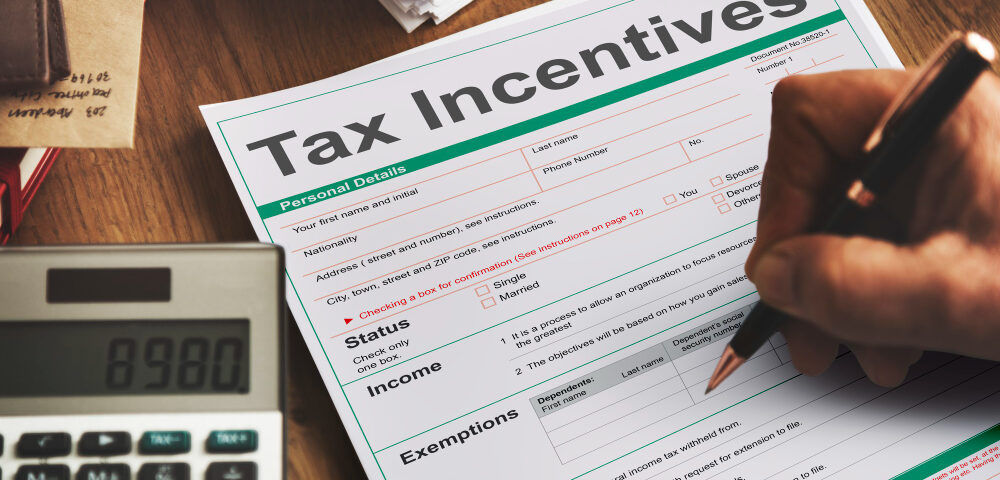Navigating Tax Returns for Rental Properties in Mount Waverley
Owning rental properties can be a lucrative investment, providing a steady stream of income. However, it also comes with its fair share of responsibilities, including the obligation to properly report rental income and expenses on your tax returns.
Failing to do so can result in hefty penalties and potential legal issues. This guide aims to equip you with the knowledge and insights necessary to navigate the complexities of tax returns for rental properties in Mount Waverley and its surrounding suburbs.
Understanding Rental Income Reporting
One of the fundamental aspects of filing tax returns for rental properties is accurately reporting all rental income. This includes rent payments received from tenants, insurance payouts related to the rental property, and any other income derived from the property. It’s crucial to maintain meticulous records of all rental income to ensure accurate reporting.
Deductible Expenses: Maximising Your Tax Benefits
As a rental property owner, you’re entitled to claim a range of deductible expenses that can significantly reduce your taxable income. These expenses include, but are not limited to:
Mortgage Interest
If you have a mortgage on your rental property, the interest paid on the loan is deductible. This can be a substantial deduction, especially in the early years of the mortgage when the interest portion is higher.
Property Taxes
Any property taxes paid on your rental property are fully deductible. This includes council rates, land taxes, and any other taxes levied on the property.
Insurance Premiums
Premiums paid for insurance policies related to the rental property, such as landlord insurance or building insurance, are deductible expenses.
Repairs and Maintenance
Costs incurred for repairs and maintenance of the rental property are deductible. However, it’s important to distinguish between repairs and improvements, as the latter may need to be capitalised and depreciated over time.
Property Management Fees
If you engage the services of a property management company, the fees paid to them are deductible expenses.
Depreciation
Rental properties are subject to depreciation, which allows you to deduct a portion of the property’s value over time. This can be a significant deduction, especially in the early years of ownership.
It’s essential to keep accurate records of all expenses related to your rental property, as these will be required to substantiate your deductions during tax time.
Capital Gains and Losses
When you sell a rental property, you may realise a capital gain or loss. Capital gains are taxable, while capital losses can be used to offset other capital gains or, in some cases, ordinary income.
To calculate the capital gain or loss, you’ll need to determine the property’s cost basis (the original purchase price plus any improvements made) and subtract it from the sale price. If the result is positive, you have a capital gain; if it’s negative, you have a capital loss.
There are strategies available to minimise capital gains tax, such as using the principal residence exemption or deferring the gain through a 1031 exchange. It’s advisable to consult with a tax professional to explore the most suitable options for your specific situation.
Negative Gearing: A Tax Strategy to Consider
Negative gearing is a tax strategy that involves intentionally generating a loss from your rental property by ensuring that the expenses exceed the rental income. This loss can then be offset against other taxable income, potentially reducing your overall tax liability.
While negative gearing can be an effective tax strategy, it’s important to carefully consider the potential risks and benefits. It’s generally recommended to seek professional advice from a tax accountant or financial advisor to determine if negative gearing is appropriate for your circumstances.
Tax Compliance and Deadlines
Failing to comply with tax requirements for rental properties can result in significant penalties and legal consequences. It’s crucial to file your tax returns accurately and on time, ensuring that all rental income and expenses are properly reported.
In Mount Waverley and its surrounding areas, tax returns are typically due by October 31st for individuals and partnerships, and by March 15th for companies and trusts. However, it’s essential to check for any updates or changes to these deadlines, as they may vary from year to year.
The Benefits of Professional Assistance
While it’s possible to handle your rental property tax returns on your own, seeking the guidance of a qualified tax accountant or professional can be invaluable. They possess the expertise and knowledge to navigate the complexities of rental property taxation, ensuring that you’re taking advantage of all available deductions and minimising your tax liability.
Additionally, tax professionals can provide valuable insights and strategies tailored to your specific circumstances, helping you make informed decisions about your rental property investments.
Taxtore Mount Waverley: Your Local Tax Experts
If you’re a rental property owner in Mount Waverley or the surrounding areas, consider seeking the services of Taxtore Mount Waverley. Our team of experienced tax professionals specialises in assisting individuals and businesses with their tax obligations, including those related to rental properties.
At Taxtore Mount Waverley, we understand the unique challenges and complexities involved in rental property taxation. Our experts stay up-to-date with the latest tax laws and regulations, ensuring that you receive accurate and compliant advice.
Whether you’re a seasoned rental property investor or just starting out, we’re here to guide you through the process of filing tax returns, maximising deductions, and minimising your tax liability. Contact us today to schedule a consultation and take the first step towards stress-free rental property tax management.
Remember, proper tax planning and compliance are essential for rental property owners. By following the guidelines outlined in this guide and seeking professional assistance when needed, you can navigate the tax landscape with confidence and ensure that you’re making the most of your rental property investments.


